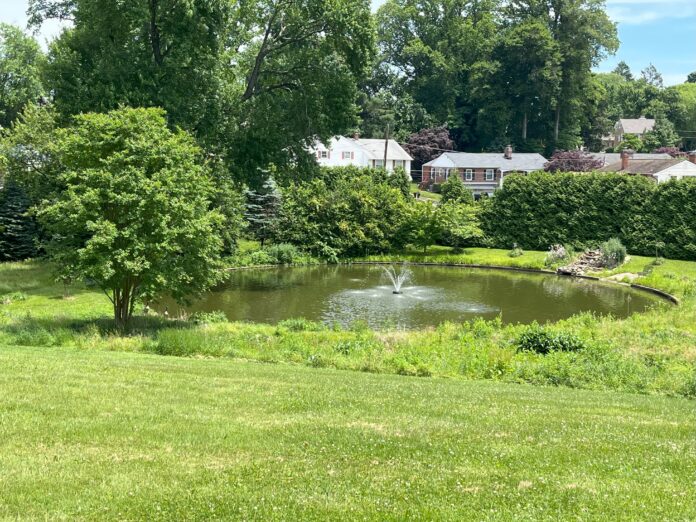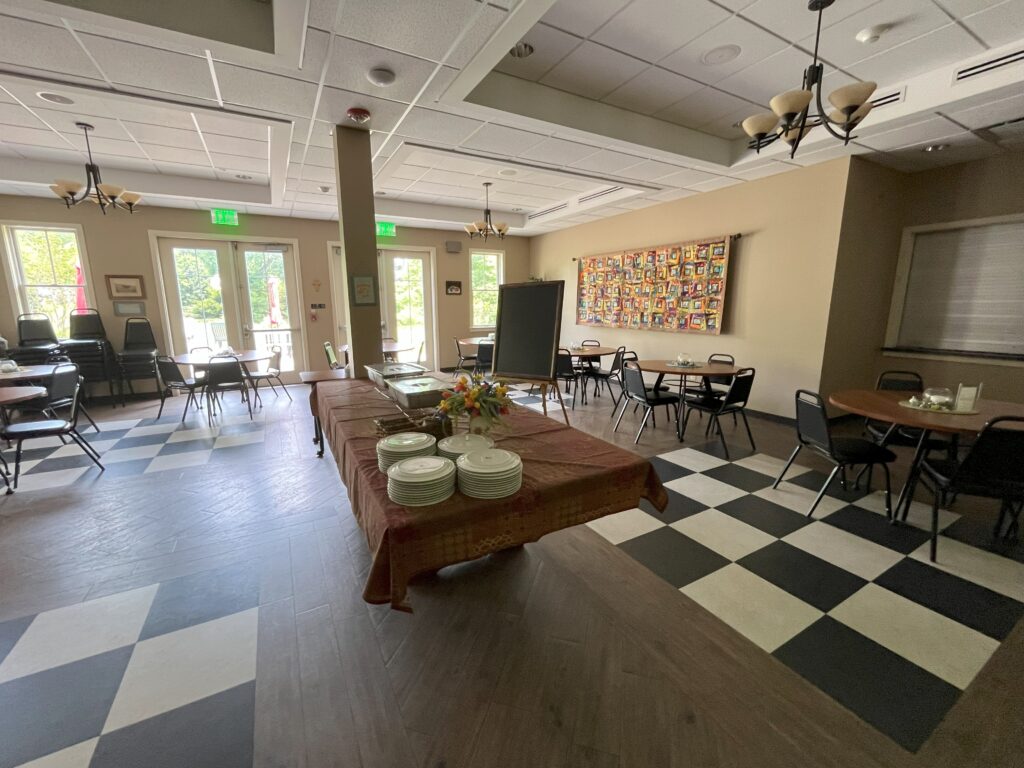
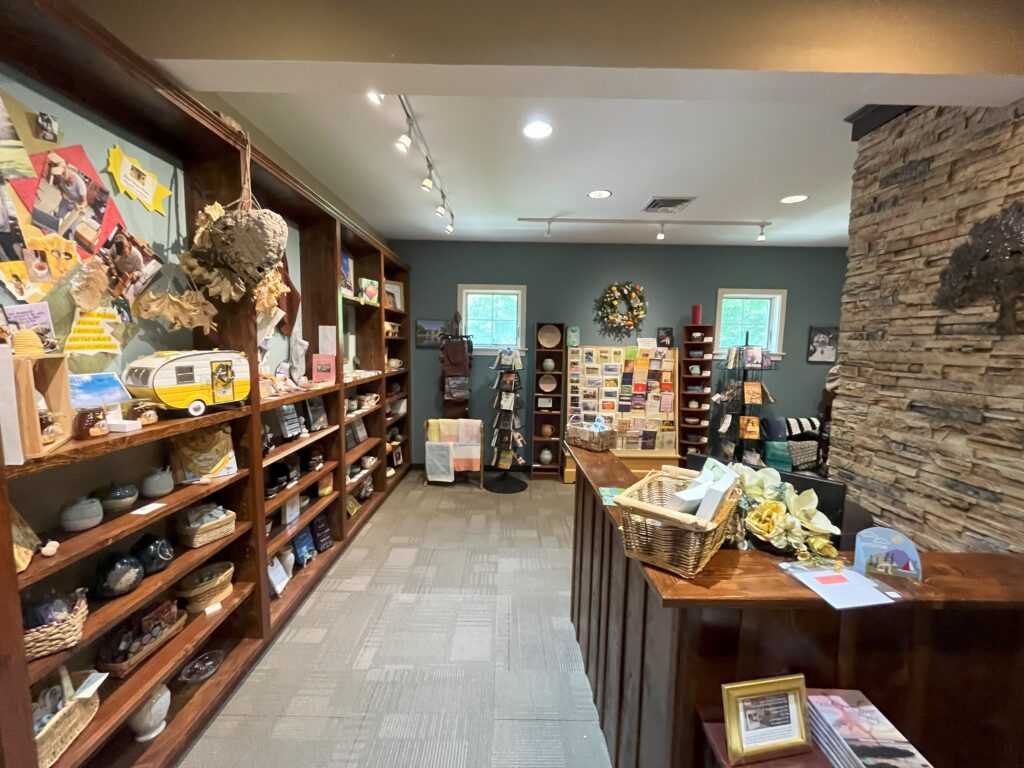
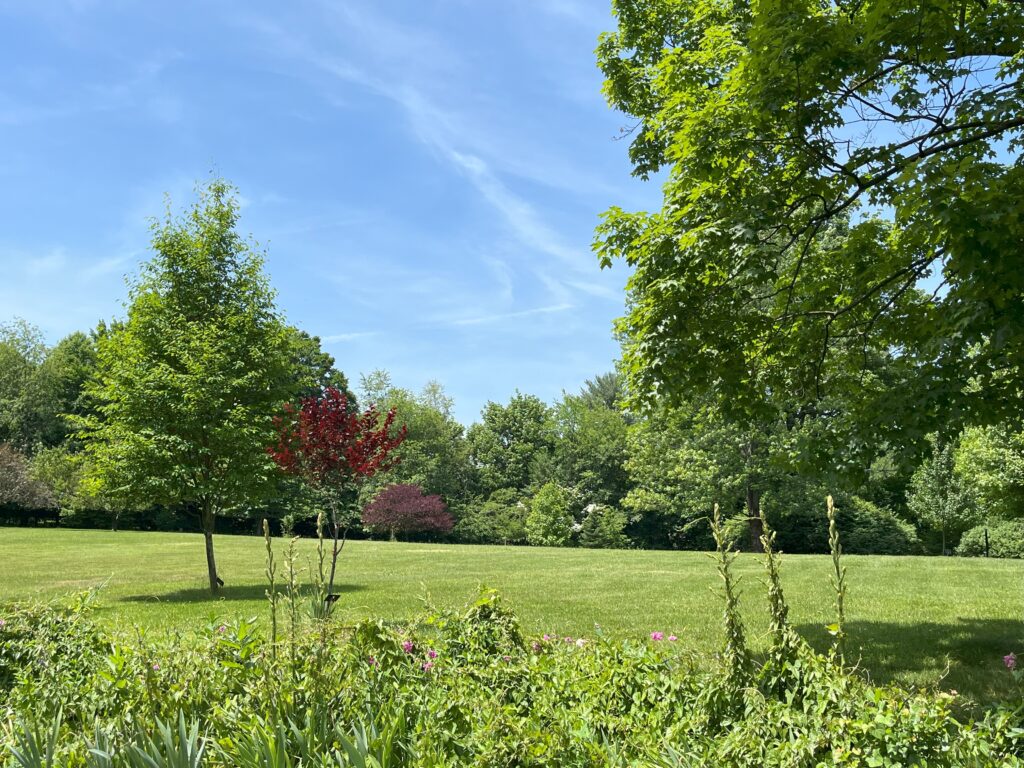
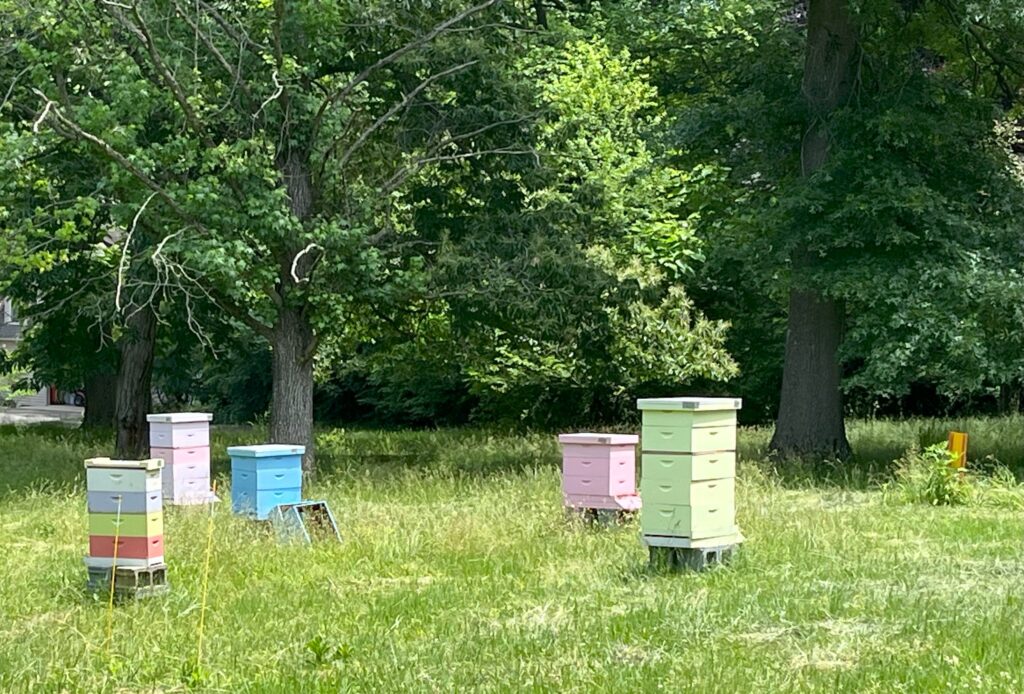
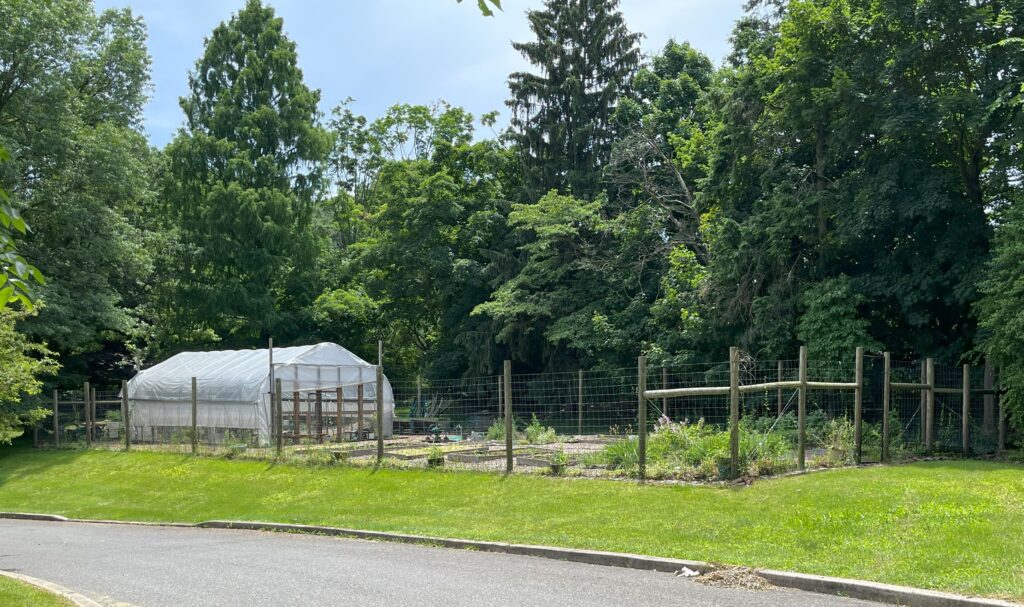
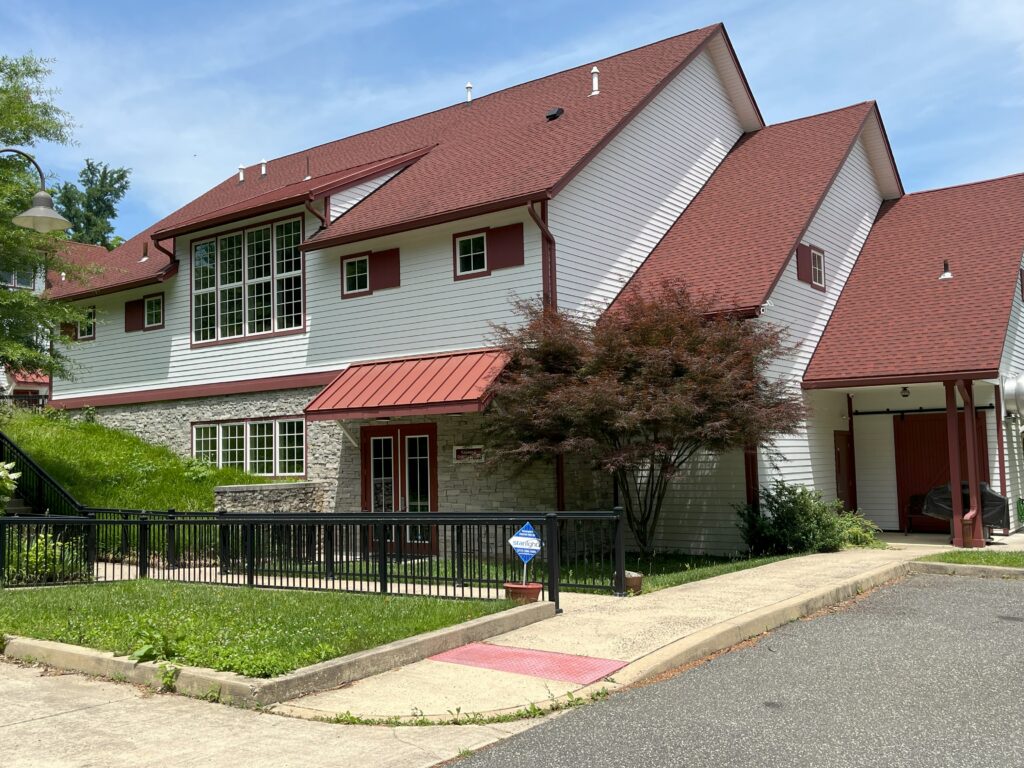
By Brandon Fey
Northeast Times
Cranaleith Spiritual Center is a retreat and conference center on Proctor Road in Somerton. Since 1998, it has served the greater community as a place where people from all walks of life can find spiritual renewal. The center runs a variety of programs throughout the year, including retreats and community events to inspire reflection and connection with nature.
Through its programs, Cranaleith prides itself in being open and available for those of all social and religious backgrounds as it appeals to a common spirit of life found in all people. It strives to engage people on the margins of society in particular, who would not otherwise have opportunities for spiritual reflection in nature.
As stated by Director for Facilitation and Strategic Partnerships Bernadette Rudolph, “What we’re really trying to do is get folks to be able to come into this place where they have the opportunity to talk with nature, other people, their own hearts. Out of that, we can go out and change the world.”
Rudolph emphasized that the key to bringing people together is by building relationships. Cranaleith works with organizations like St. John’s Hospice, Project Home and CATCH, using its connections to bring people to the site while providing aid to those with financial barriers.
The programs available vary from those that are secular to ones with religious focus. There are a range of different topics and levels of commitment, from single-day activities such as yoga and musical workshops to a seven-night directed silent retreat. Some programs are even offered virtually for those who cannot visit the site in person. Cranaleith also engages with the surrounding neighborhood, as it holds community events like its annual fall harvest festival, and maintains a historic partnership with the neighboring St. Christopher Parish.
The site of Cranaleith was originally owned by the Trainer family, who purchased the land along with its “Main House” in the early 20th century. By 1998, they donated it to the religious Sisters of Mercy to be used as a place of continued justice and compassion. While the Sisters operate the center, the Trainer family remains involved with Cranaleith with members serving on its board, and assisting with fundraising and volunteering. One of the remaining resident sisters, Mary Trainer, is from the family and has acted as a bridge between the two partnering groups.
Along with the surrounding land, the Trainers also donated their Victorian house, which bears its own historical significance. It was constructed in 1890 after having been designed by Minerva Parker Nichols, who was the first woman to own an independent architectural practice in the United States. The house has several uniquely feminine features, including curved walls, and an abundance of natural light. It originally served as a meeting place for the Philadelphia Suffragettes, even hosting national women’s suffrage leader Susan B. Anthony on several occasions. Today, the “Main House” is used to house participants of overnight retreat programs.
By 2012, Cranaleith greatly expanded, adding an administration building, conference center and carriage house to the property. The 10-acre grounds upon which they were built are embellished with trees and plants of varying species that encompass fields and a pond. These are deliberately planted to maintain a constant bloom throughout the warm seasons to complement active colonies of bees that are kept at the site. The maintenance required by such a growing environment provides meaningful reflective work for men from the homeless shelter St. John’s Hospice, who come every Thursday to care for the grounds.
The lush grounds and abundant garden are often implemented into retreat programs, as many participants have found serenity by immersing themselves in nature. In one instance, a staff member recalled witnessing a man planting seeds with a group from the CATCH organization. What was initially a simple, secular activity for him turned into a spontaneous moment of prayer as he felt a meaningful connection to the soil in his hands. Several visitors to the center have found that the opportunity to positively contribute to the earth in such a way can be incredibly impactful for those who live with limited exposure to nature.
Cranaleith believes that if people take time for reflection, they can find greater inspiration to make the world a more just and compassionate place.
“I tell people the main goal is to just notice; not to judge, not to fix, not to change, just to notice,” Rudolph said. “If we can do that, we can find all kinds of renewal, strength and holiness that we didn’t even know was there.” ••



